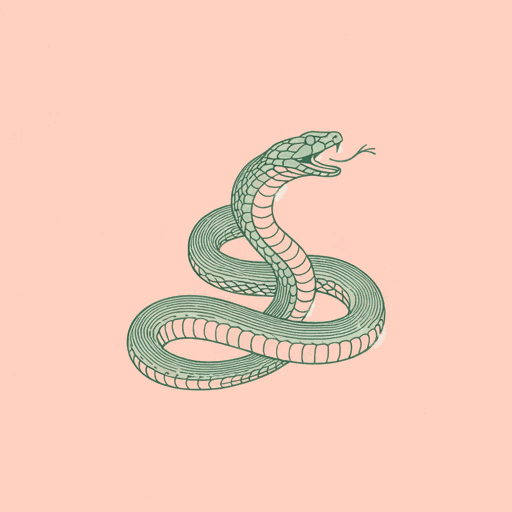118 pages • 3 hours read
Barbara KingsolverThe Poisonwood Bible
Fiction | Novel | Adult | Published in 1998A modern alternative to SparkNotes and CliffsNotes, SuperSummary offers high-quality Study Guides with detailed chapter summaries and analysis of major themes, characters, and more. For select classroom titles, we also provide Teaching Guides with discussion and quiz questions to prompt student engagement.
Summary and Study Guide
Overview
First published in 1998, Barbara Kingsolver’s The Poisonwood Bible is a historical fiction novel which follows the family of a Baptist missionary as they begin their year-long mission to the Belgian Congo in 1959. The story alternates between the perspectives of Orleanna Price and her four daughters, Rachel, Leah, Adah, and Ruth May. The novel was critically acclaimed, winning the 2000 Boeke Prize and receiving a nomination for the 1999 Pulitzer Prize in fiction. In 2019, Bond Group Entertainment secured a deal with HBO to develop the story for television. Anya Epstein and Barbara Kingsolver are slated to write the screenplay for the adaptation.
Plot Summary
In 1959, Baptist Reverend Nathan Price uproots his family from Bethlehem, Georgia, to the rural village of Kilanga in the Belgian Congo. They are planning for a one year stay as missionaries, despite failing to attain full approval from the Mission League. From the start, the family is ill-prepared for the differences in culture and daily life awaiting them as they pack Betty Crocker cake mixes and hair care products for the journey.
Upon arrival, the Kilanga natives greet the Price family with welcoming exuberance, but their joyful singing and bare-breasted appearance result in an aggressive rebuke from Reverend Price, who makes misguided attempts to show the Congolese people the error of their ways through fire and brimstone preaching. He refuses to accept advice from any of the locals, powering through difficulties in ignorance, confident that he, as a representative of God, is always in the right. This behavior leads to puss-filled boils, destroyed gardens, the only household help leaving, and the ultimate failure of his mission.
While Reverend Price’s attempts at instituting a religious dictatorship fall flat, he remains the undisputed head of his household, ruling his family with a closed fist. He regularly degrades and beats his family members, ostensibly to correct their “moral failings.”
Eventually, revolution comes to the Congo in the form of Patrice Lumumba. The political unrest grows, and the environment becomes dangerous as Congo fights for independence from Belgium and anti-white sentiments run rampant. Against the advice of all parties, Reverend Price determines that he and his family will stay indefinitely, despite the danger.
During a drought, food becomes even more scarce than usual. Leah upsets the status quo through her desire to participate in the hunt, which is traditionally only done by men. Anatole, the local school teacher, supports her in this endeavor, leading to a clash between the village elders and the younger members of the village who have been taught by Anatole. The issue is put to a vote, and Leah hunts alongside the men. Afterwards, the chief’s son slights Leah by offering her only the hindquarter of the impala she shot. This leads to the post-hunt celebration devolving into infighting.
For supporting Leah, prior to the hunt, Anatole receives the “evil sign” and finds a green mamba next to his cot. After returning from the hunt, Nelson, the Price’s servant, sees the “evil sign” in front of the chicken shed where he sleeps. The Price daughters put ash around the floor of the shed so that if anyone comes to do Nelson harm, they will have evidence. The next morning, there are footprints in the ash with six toes on one foot, indicating Tata Kuvudundu, the witchdoctor who did not want Leah to go on the hunt, has been inside the shed. Inside, there is a green mamba, which bites Ruth May before slithering away.
Ruth May’s death serves as the catalyst for Orleanna to leave her abusive husband. She collects her living daughters on her way out of the village, intending to return to the US. On the way there, Leah contracts malaria. Rachel leaves with Mr. Axelroot, a diamond-smuggling pilot with possible ties to the CIA. Anatole arrives and nurses Leah through her malaria. Orleanna and Adah eventually make their way to Georgia on a UN hospital plane. Leah stays in Congo and marries Anatole.
The political situation continues to be unstable, with Mobutu Sese Seko leading a coup against the elected Prime Minister, Patrice Lumumba. The US-backed coup succeeds, leading to Mobutu’s corrupt dictatorship in the newly renamed country of Zaire.
Despite the dangers, Leah and Anatole marry and raise a family together. They stay in the US for a time, studying agricultural engineering and politics at the university in Atlanta. Anatole’s pro-Lumumba leanings lead to multiple arrests and imprisonments by Mobutu’s government. They eventually settle in Angola, but they hope that they will one day be able to return to a Congo they can be proud of.
Adah becomes a medical doctor and, with the help of a neurologist, overcomes the paralysis she has experienced due to her hemiplegia. She eventually goes on to study epidemiology and develops a closer relationship with her mother.
Rachel remains selfish, using her looks and seduction to find advantageous marriage after advantageous marriage. She owns and runs a hotel for whites called the Equatorial, where she rules everything in her domain with an iron fist and avoids bothering herself with unpleasant concepts like despotism, racism, and the war-ravaged Zaire.
Orleanna is haunted by guilt over Ruth May’s death, but she finds purpose through activism in the civil rights movement and foreign aid organizations, such as Amnesty International.
According to rumors, Nathan Price descends into madness and fails to evangelize multiple villages. Eventually, locals regard him as a crocodile intent on drowning children. When a boat of children capsizes, the villagers blame him and chase him to a tower, which the villagers burn down. Nathan reportedly jumps out of the tower, on fire, and the villagers leave him to be devoured by animals.
Ruth May, though long dead, watches her mother and sisters from the afterlife. She explains that she finally understands the Kikongo term muntu which describes the inherent connection of all things that exist or have existed. She is now a part of muntu and wishes for her mother to make peace with her death, forgive herself, and move on.
Related Titles
By Barbara Kingsolver

Animal Dreams
Barbara Kingsolver
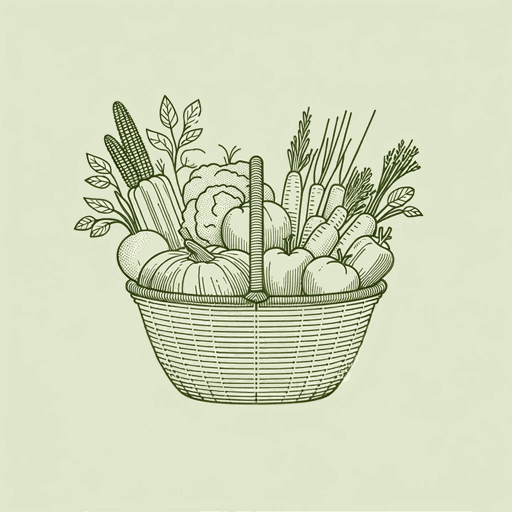
Animal, Vegetable, Miracle
Barbara Kingsolver

Demon Copperhead
Barbara Kingsolver
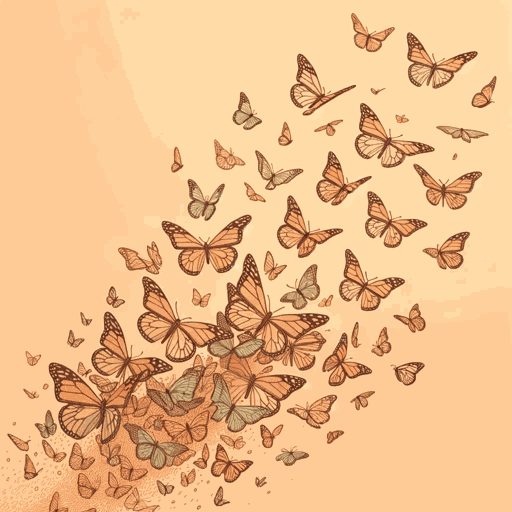
Flight Behavior
Barbara Kingsolver
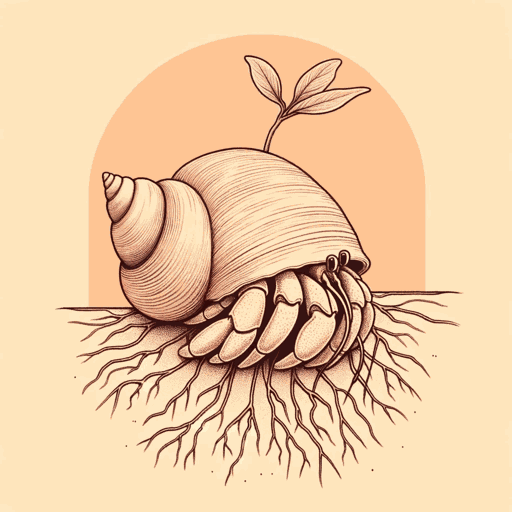
High Tide in Tucson
Barbara Kingsolver

Pigs In Heaven
Barbara Kingsolver
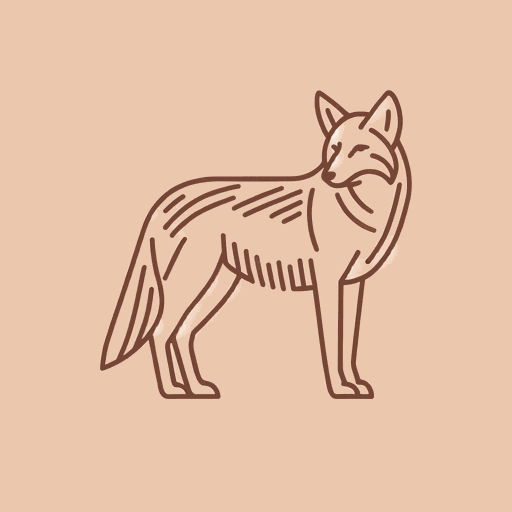
Prodigal Summer
Barbara Kingsolver
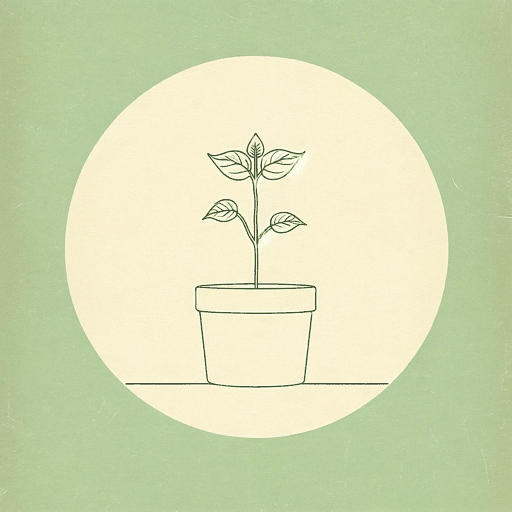
The Bean Trees
Barbara Kingsolver

The Lacuna
Barbara Kingsolver
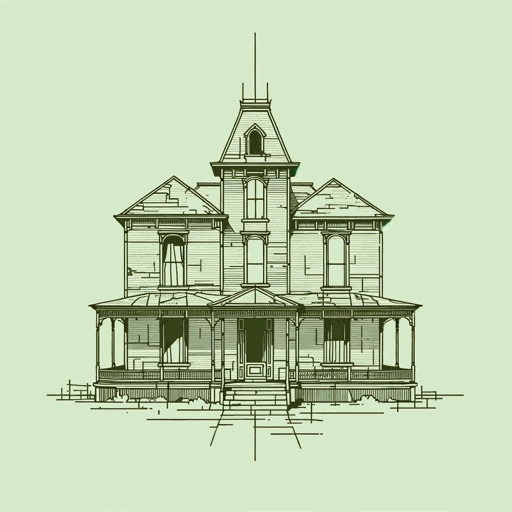
Unsheltered
Barbara Kingsolver
